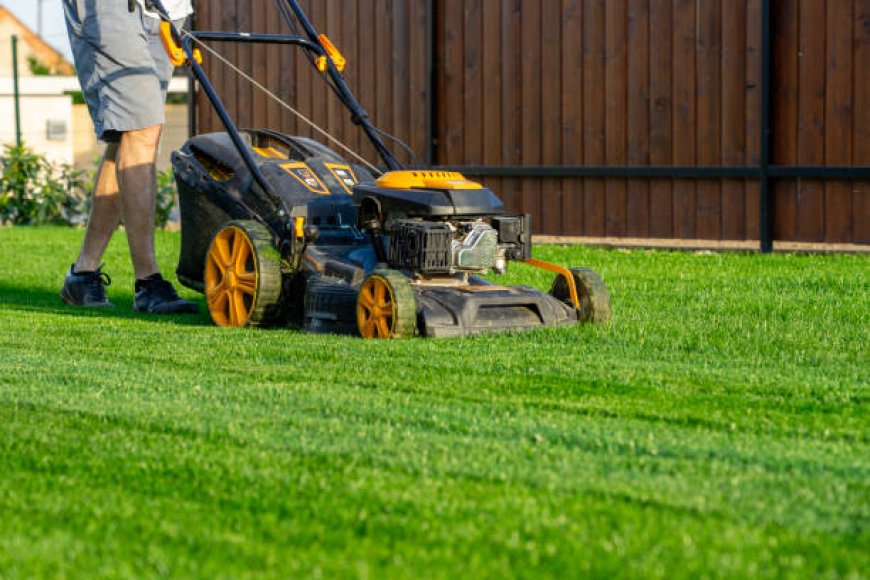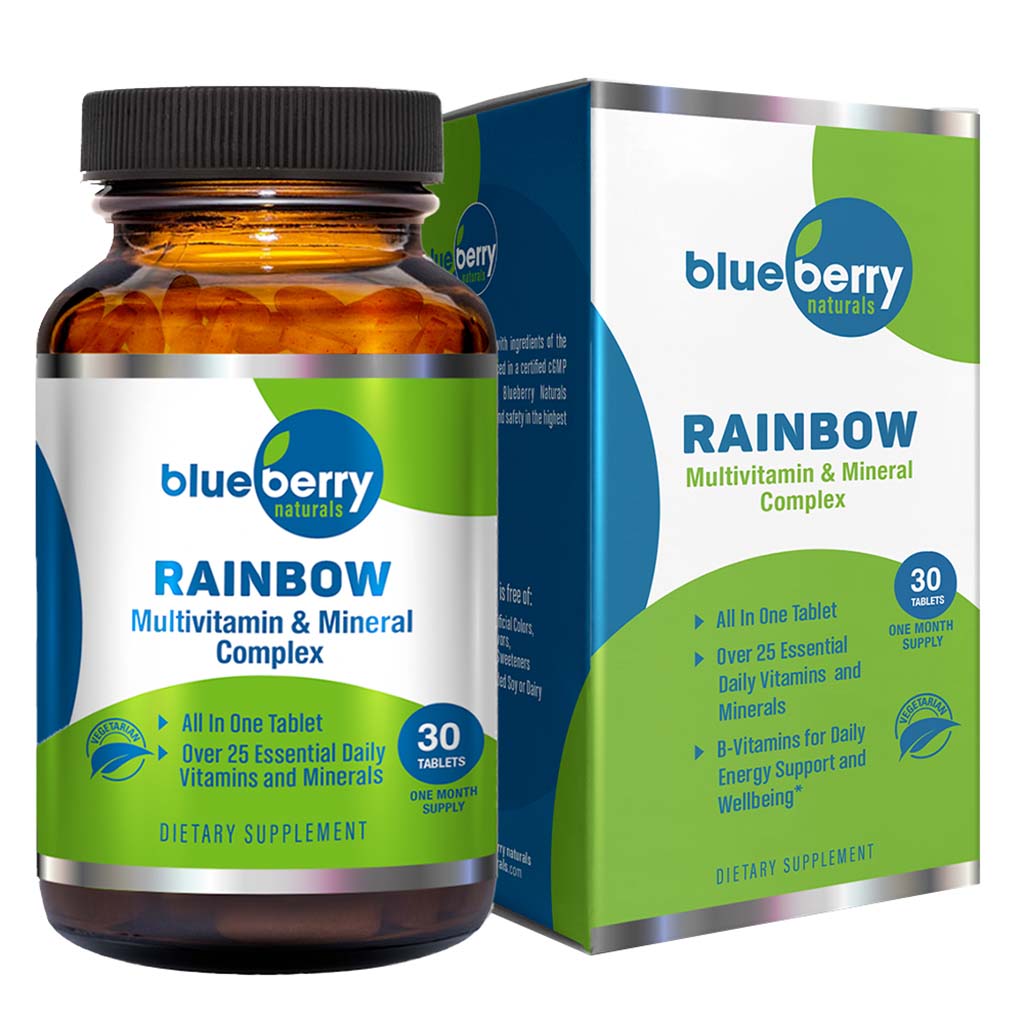Garden Maintenance: The Key to a Healthy and Beautiful Outdoor Space
Keep your garden healthy and beautiful year-round with essential garden maintenance tips. Learn about watering, pruning, pest control, lawn care, and seasonal tasks to create a thriving outdoor space. Discover expert garden maintenance tips for healthy plants, lush lawns, and pest-free gardens. Easy routines to keep your outdoor space thriving all year long.
Maintaining a beautiful garden isn’t just about planting flowers or mowing the lawn occasionally. Garden maintenance is a continuous process that requires attention, effort, and expertise. Whether you have a small backyard garden or a large landscaped property, routine garden care ensures that your outdoor space remains vibrant, healthy, and inviting all year round.

Why Garden Maintenance Matters
A well-maintained garden not only enhances the aesthetic value of your home but also provides numerous environmental and health benefits. Regular maintenance:
-
Encourages healthy plant growth
-
Prevents the spread of pests and diseases
-
Improves air quality and reduces soil erosion
-
Adds value to your property
-
Creates a peaceful, relaxing environment
Gardens that are neglected quickly become overrun with weeds, pests, and unhealthy plants. A scheduled maintenance plan helps avoid this decline and keeps the garden flourishing.
Core Components of Garden Maintenance
Proper garden maintenance involves several routine and seasonal tasks. Each plays an essential role in ensuring your plants and lawn stay in top condition.
1. Watering
Different plants have different water needs. Regular, deep watering helps plants develop strong root systems. In hot climates, it’s best to water early in the morning or late in the evening to avoid evaporation.
2. Pruning and Trimming
Pruning removes dead or diseased branches, stimulates new growth, and improves plant shape. Regular trimming of shrubs and hedges also enhances the overall look of your garden.
3. Lawn Care
A lush green lawn requires consistent mowing, edging, and aeration. Seasonal fertilization and weed control help maintain its health and appearance.
4. Weeding
Weeds compete with your plants for nutrients, sunlight, and water. Removing them promptly prevents them from spreading and keeps the garden neat.
5. Soil Health
Healthy soil is the foundation of a thriving garden. Regularly check soil pH, add compost, and use organic mulch to enrich it with nutrients and retain moisture.
6. Pest and Disease Control
Monitor plants for signs of pest infestations and disease. Integrated pest management (IPM) techniques can reduce the need for harmful chemical pesticides.
Seasonal Garden Maintenance Tips
Spring
-
Prepare flower beds and soil
-
Plant new shrubs, flowers, and trees
-
Apply fresh mulch and fertilizer
Summer
-
Water deeply and regularly
-
Trim fast-growing plants
-
Monitor for pests like aphids and beetles
Autumn
-
Rake fallen leaves
-
Cut back perennials
-
Apply winter mulch
Winter
-
Protect plants with covers or move them indoors
-
Prune dormant trees
-
Clean and store garden tools
Professional Garden Maintenance Services
If you lack the time, tools, or knowledge to maintain your garden properly, hiring a professional service can be a wise decision. Experienced gardeners can:
-
Identify plant health issues early
-
Provide seasonal care schedules
-
Offer specialized treatments and organic solutions
-
Install efficient irrigation systems
Many companies offer maintenance packages tailored to your garden’s needs—whether weekly, bi-weekly, or monthly.
Conclusion
Garden maintenance is more than just a chore—it’s an investment in your home and well-being. A well-cared-for garden not only looks beautiful but also supports a healthy environment and gives you a relaxing space to enjoy nature.
By following a regular care routine—or hiring a reliable garden maintenance service—you can enjoy a flourishing garden year-round, no matter the climate or size of your space.































































































![Coaching and Discovery in Product. What High-Performing Teams Are Doing Differently [TPG Live Recap]](https://tpgblog.com/wp-content/uploads/2025/05/2025-05-08-thumbnail-action.png?#)









![Building A Digital PR Strategy: 10 Essential Steps for Beginners [With Examples]](https://buzzsumo.com/wp-content/uploads/2023/09/Building-A-Digital-PR-Strategy-10-Essential-Steps-for-Beginners-With-Examples-bblog-masthead.jpg)


















































